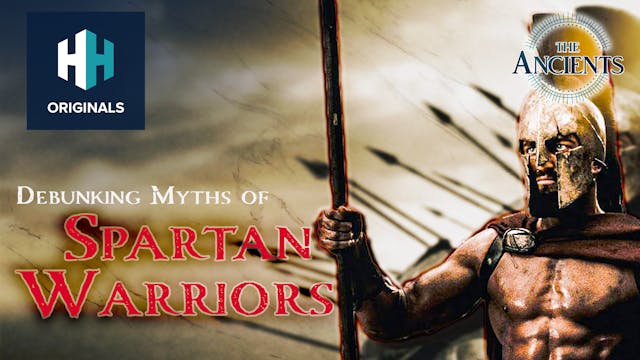In 55 BC, Rome had its sights set on Britain. Across two attempts, a huge invasion force led by one of the greatest miltary leaders in history, Julius Caesar, landed in Kent. Eventually he would break through and conquer the southern heart of the island.
It had not been an easy task. In his first attempt to conquer Britain, Caesar took with him only two legions, and achieved little beyond a landing on the coast of Kent. His force was heavily contested as soon as it landed on the beaches near Dover and had only managed to break inland through a combination of grit, determination and advanced military weapons and tactics.
Caesar's second invasion consisted of 628 ships, five legions and 2,000 cavalry. The force was so imposing that the Britons did not dare contest Caesar's landing in Kent, waiting instead until he began to move inland. Caesar's force penetrated into Middlesex and crossing the Thames, forcing the British warlord Cassivellaunus to surrender as a tributary to Rome.
Yet the great Caesar did not stay in Britain long. Instead, he returned to Rome in triumph, utilizing the success of his distant conquest to bolster his eventual dictatorship.
In the first episode of this series, bushcraft and survival expert Ray Mears explores the surviving evidence we have of Caesar's invasions of Britain over 2000 years ago. Featuring historians Dr Simon Elliot, Dr Steve Willis and Roman reenactor David Richardson.
Up Next in That's Ancient History
-
Mary Beard on Women and Power
In Greek and Roman antiquity, women’s voices were proof of their wickedness. The pitch and prattle was considered harmful, even unsanitary. In literature, powerful women were emblems of usurpation and mortal danger. Women speaking in public could not only jeopardize the men close to them, but bri...
-
Debunking Myths of Spartan Warriors
Characterised as super soldiers, formidable fighters who would rather perish than surrender - their reputation truly did proceed them.
But how accurate is this image - and does it correlate with what the ancient sources actually tell us?
In this filmed episode of The Ancients podcast Sparta mi...
-
Alexander the Great in Egypt
History Hit's Tristan Hughes travels to Egypt to explore its extraordinary links to one of the most famous names from antiquity, Alexander the Great. Of all the lands in the Eastern Mediterranean, it is Egypt that has the most fascinating - and enduring - connection to this ancient conqueror.
I...




14 Comments